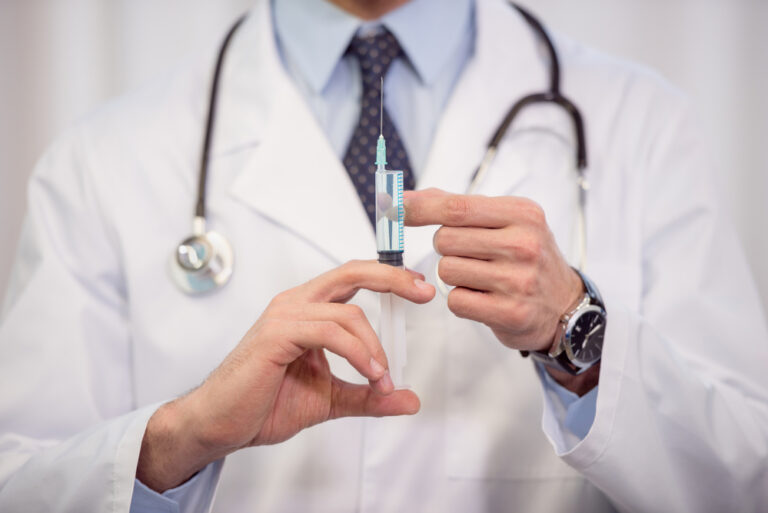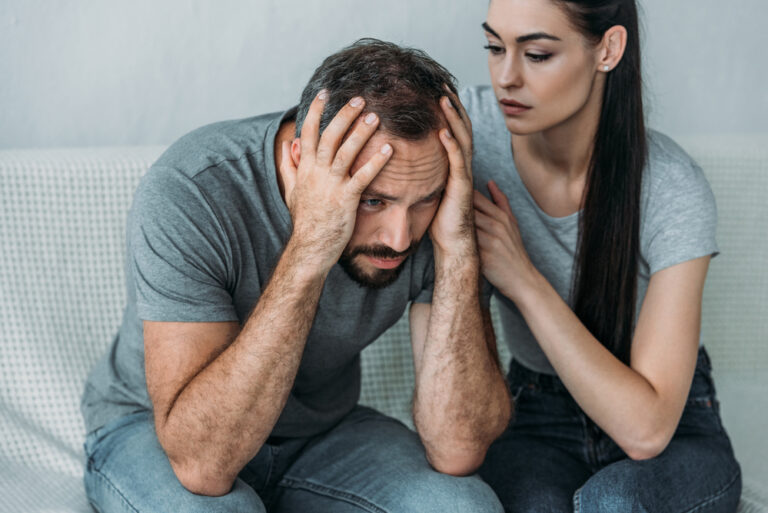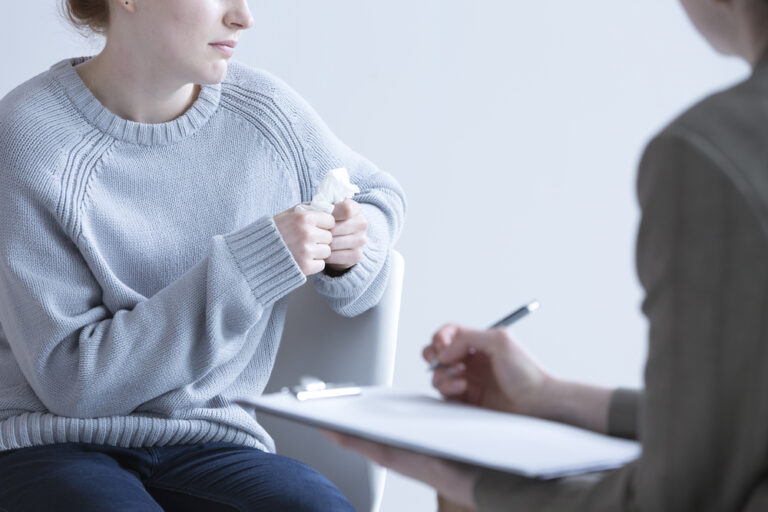Traveling and Mental Wellness
Traveling offers a myriad of benefits for mental health. Stepping out of familiar surroundings and embracing new experiences can be a powerful antidote to stress and monotony. The exposure to different cultures, landscapes, and activities provides a refreshing change that stimulates the mind and ignites a sense of adventure. The break from routine allows individuals…









